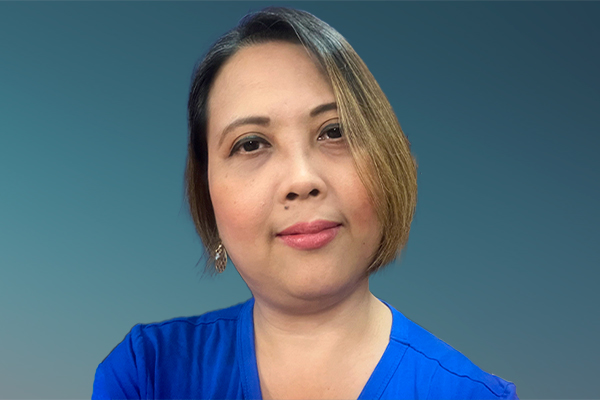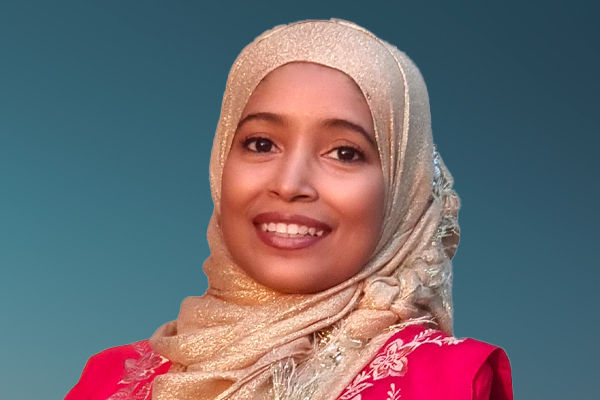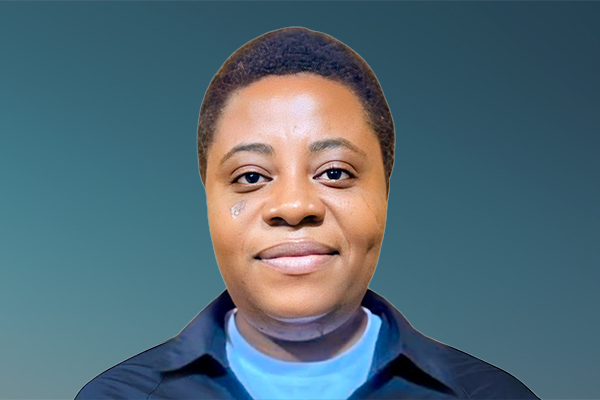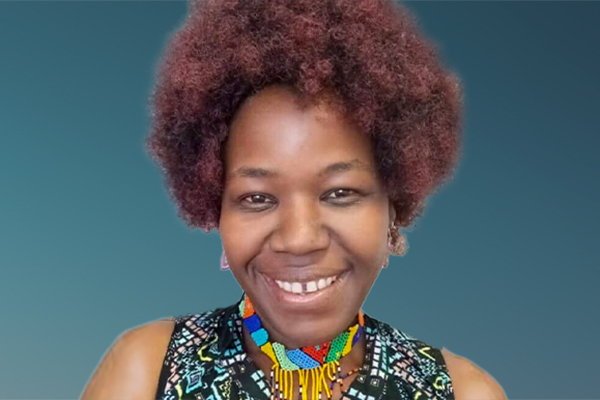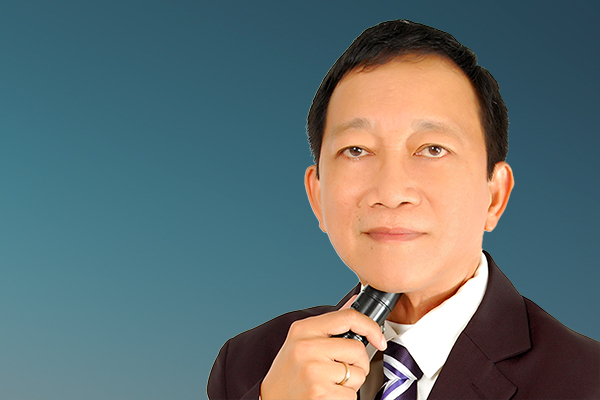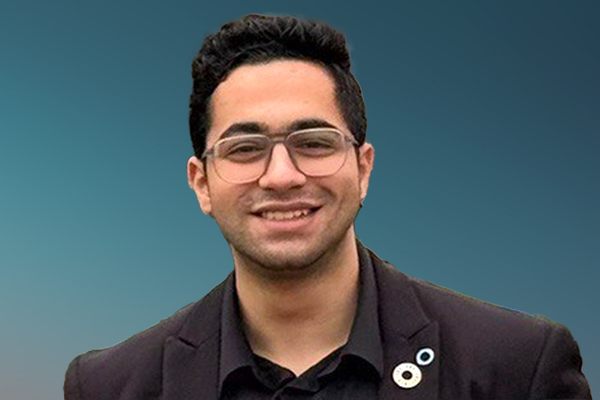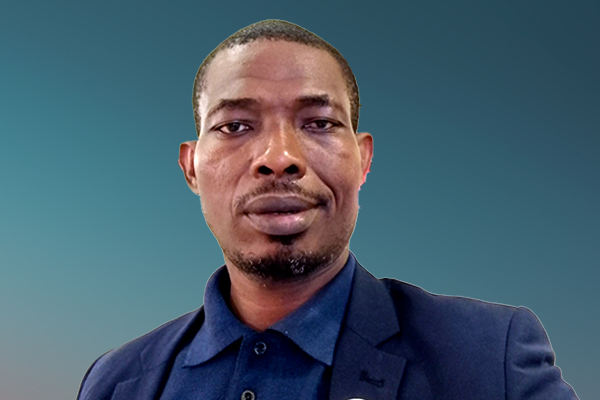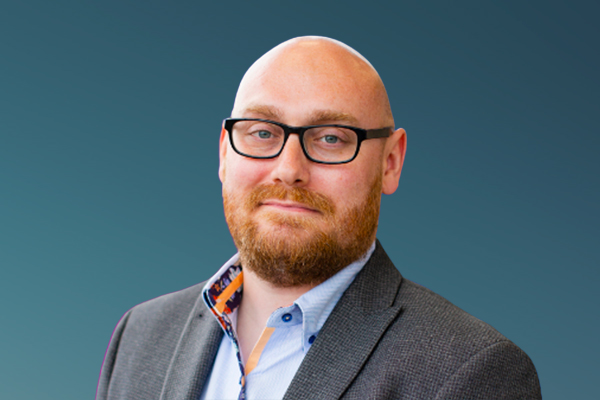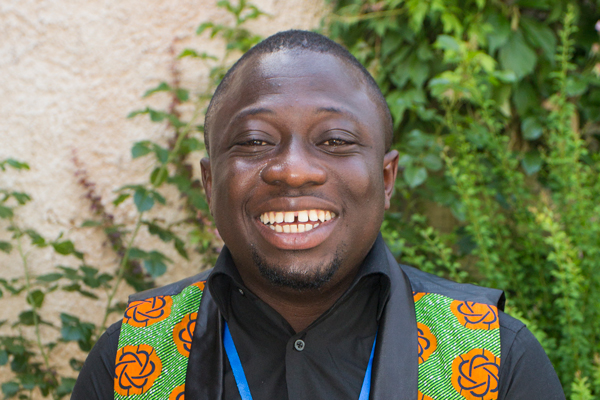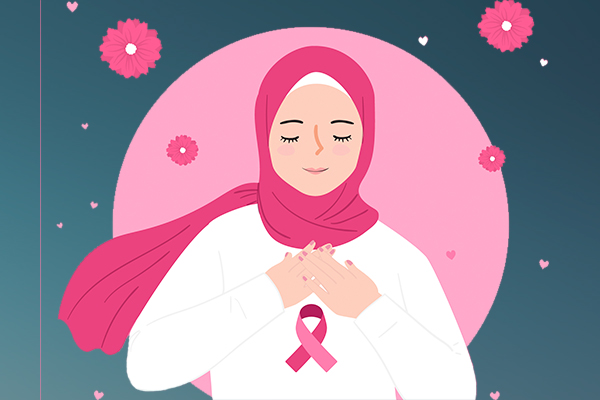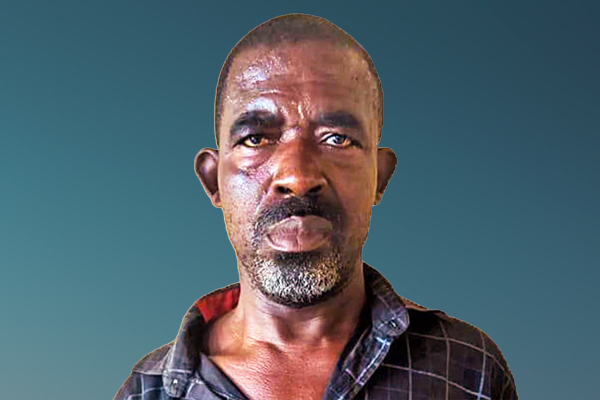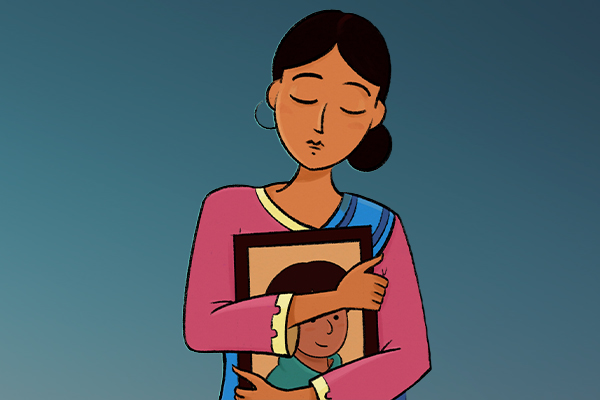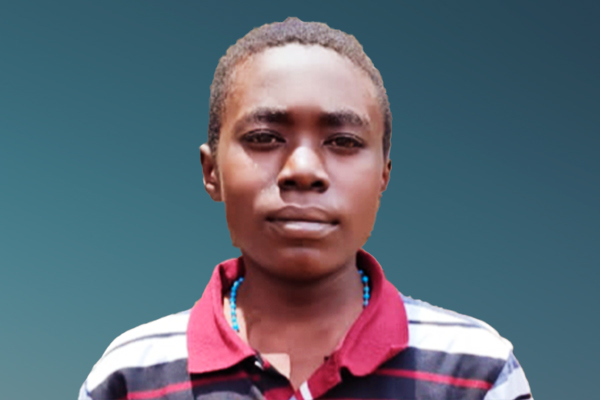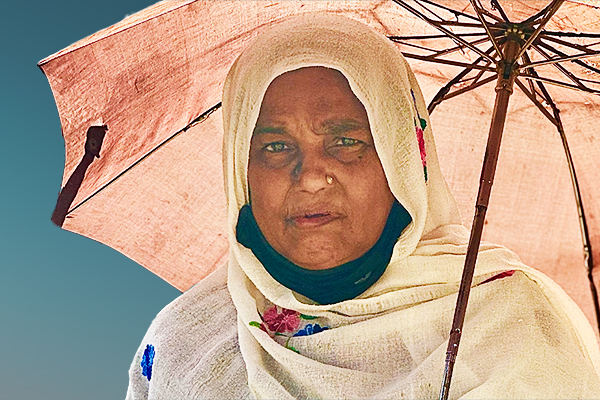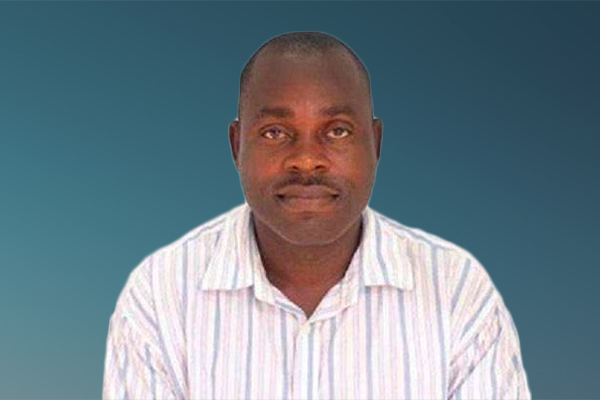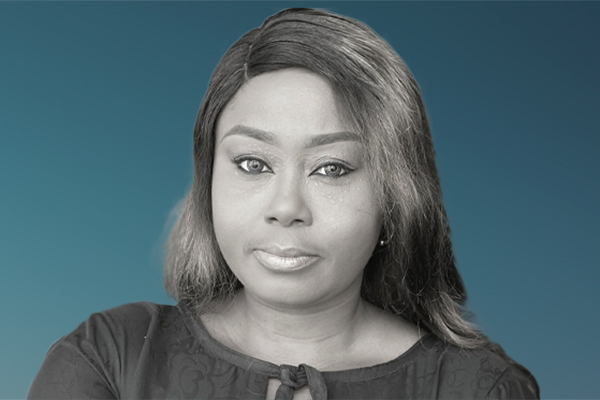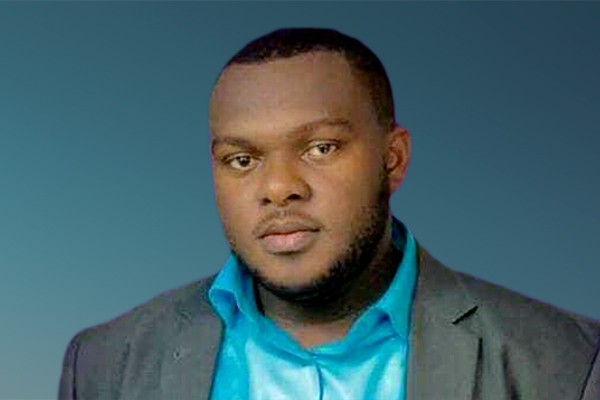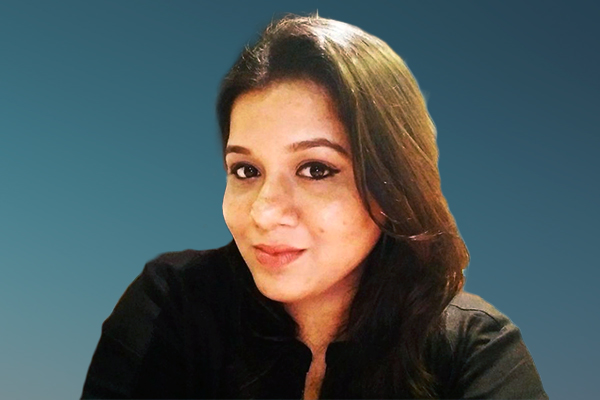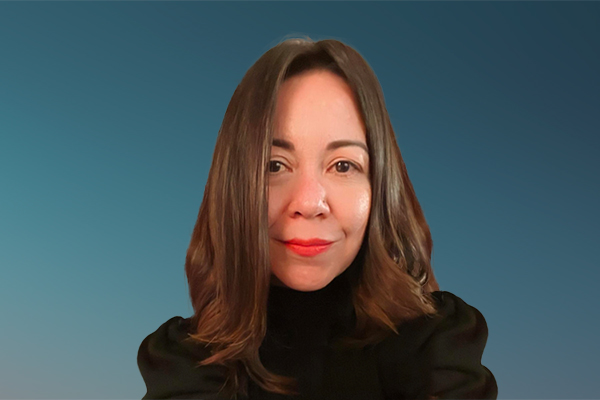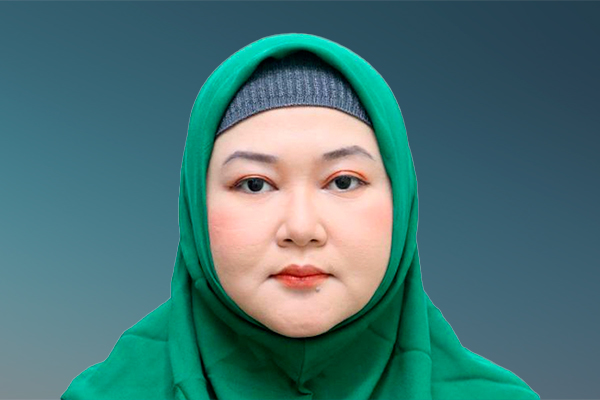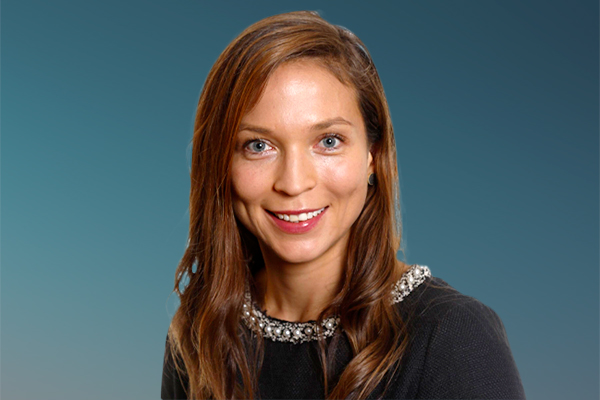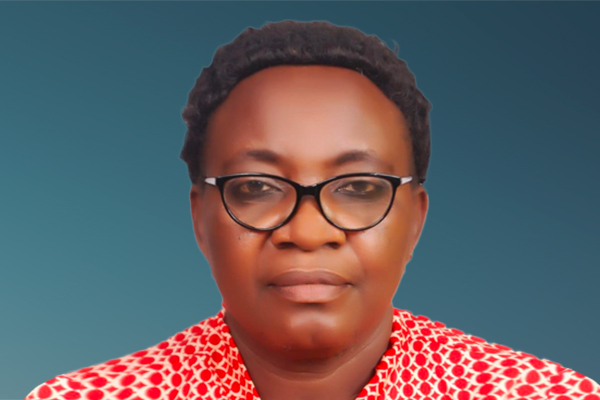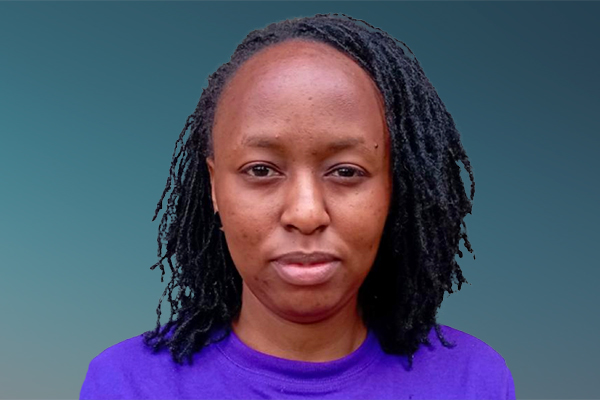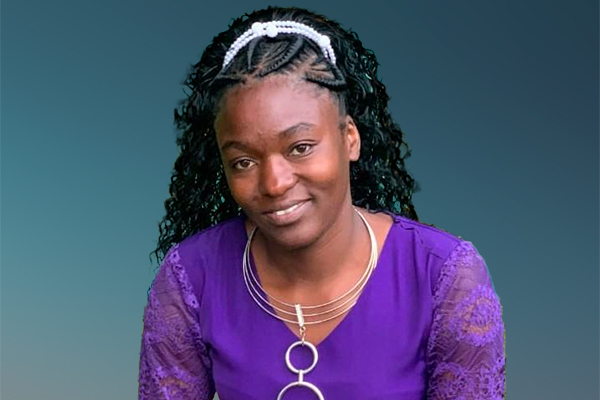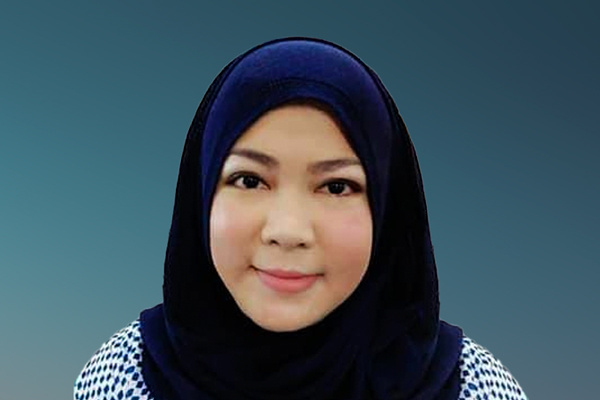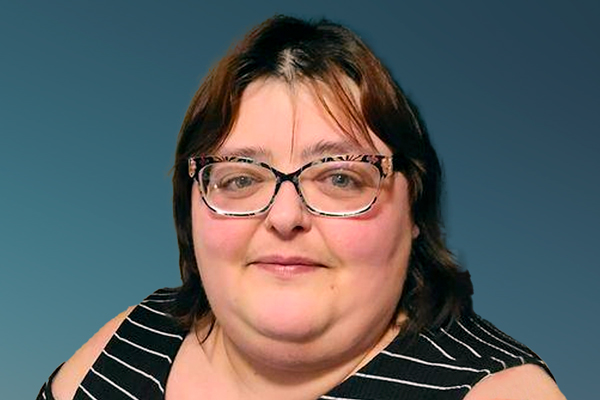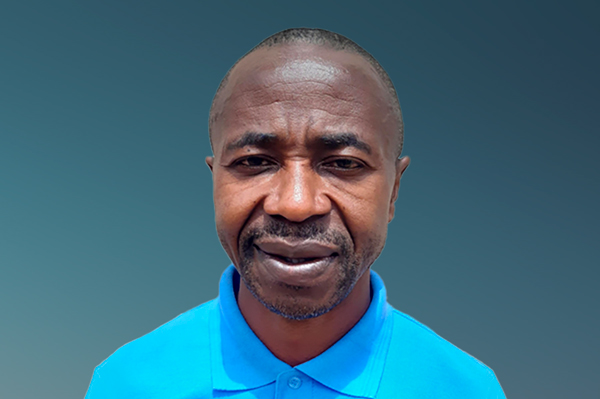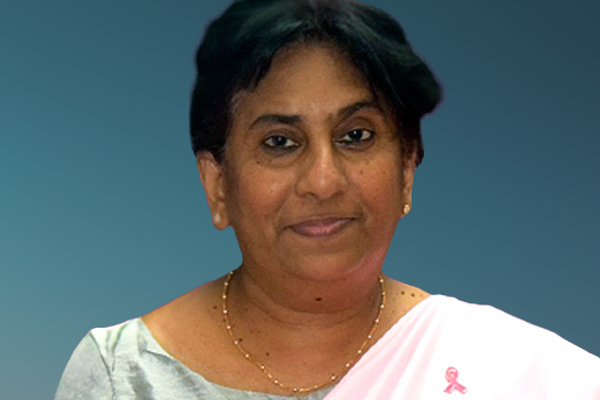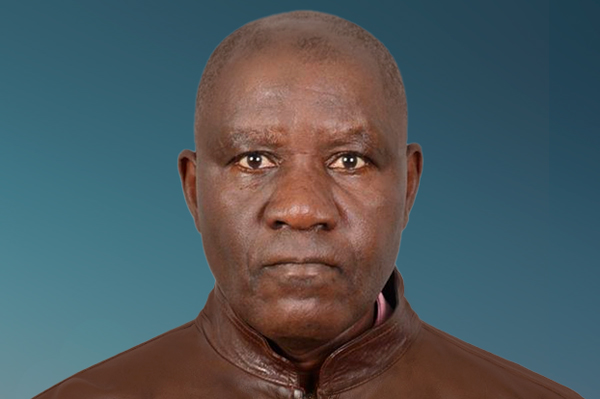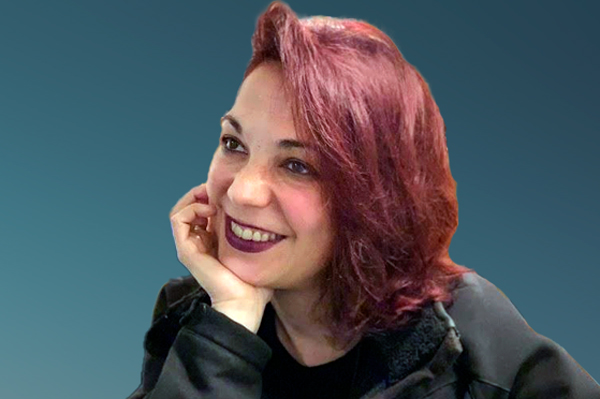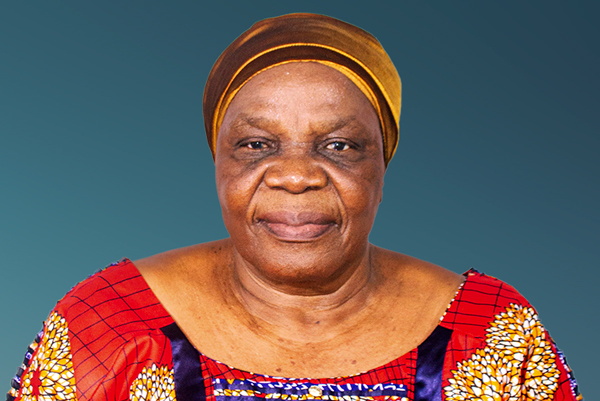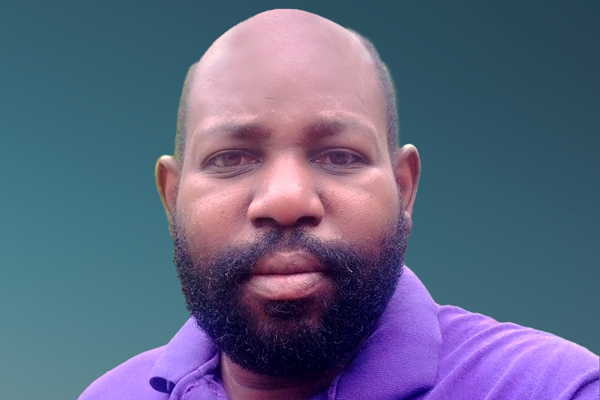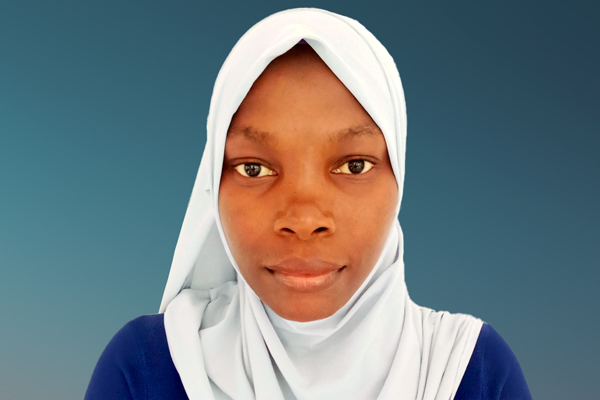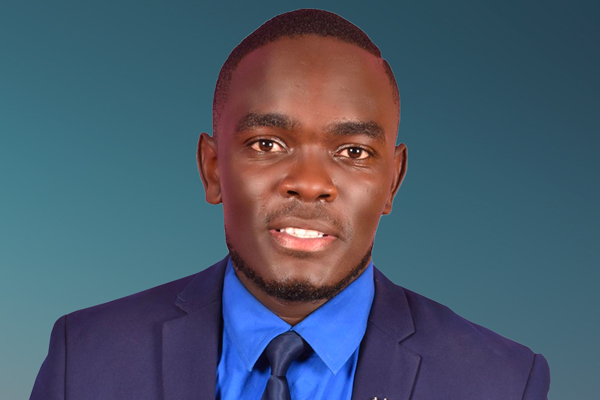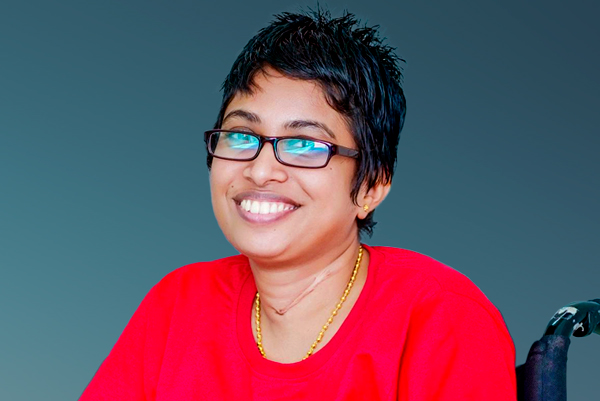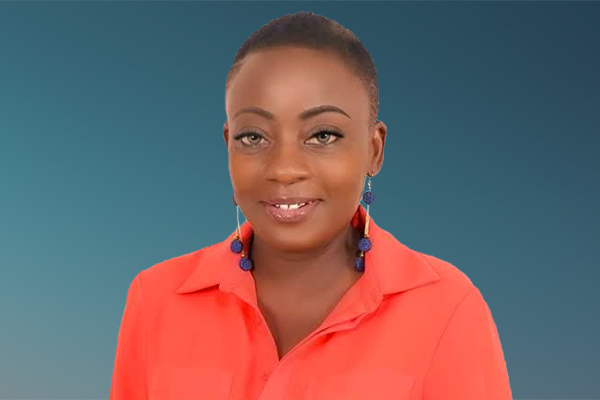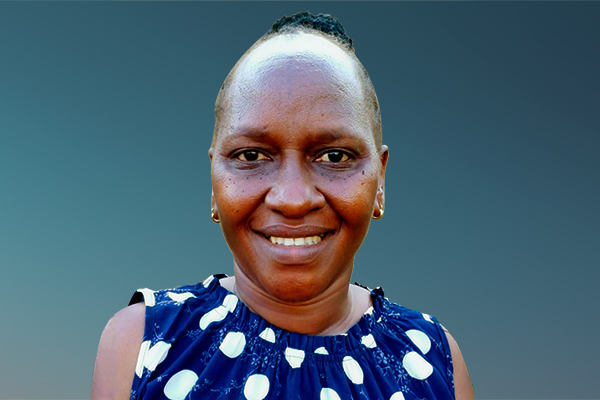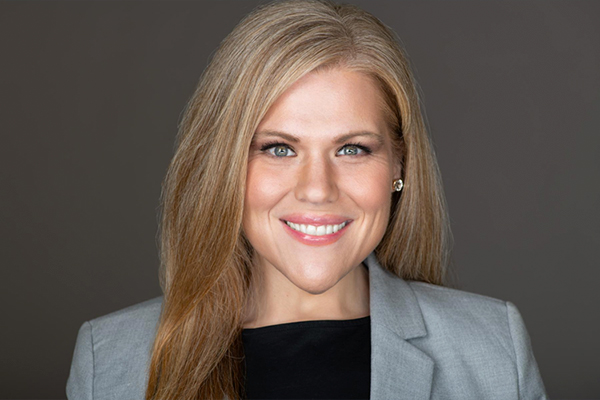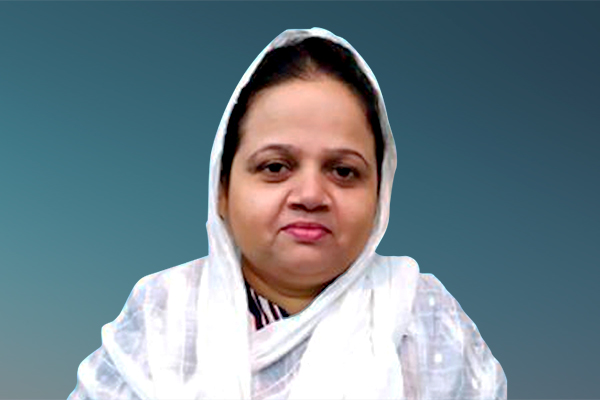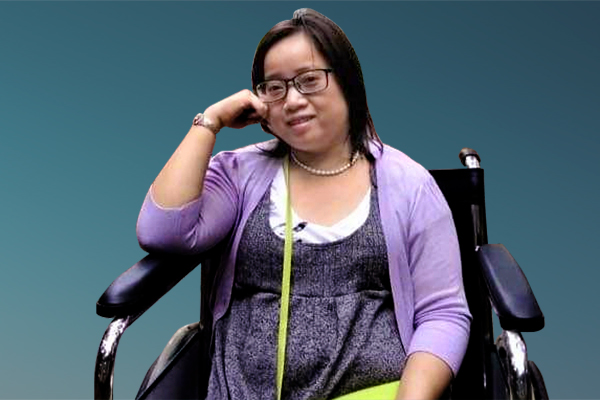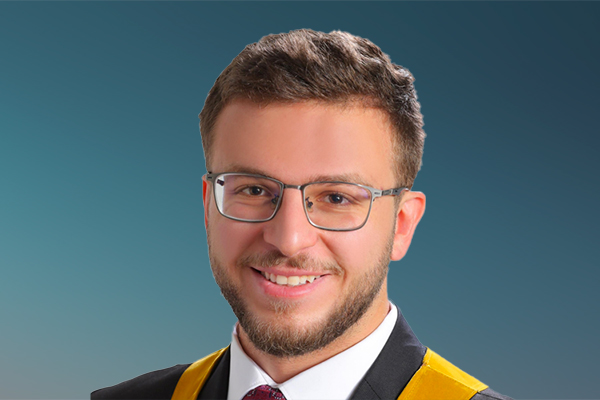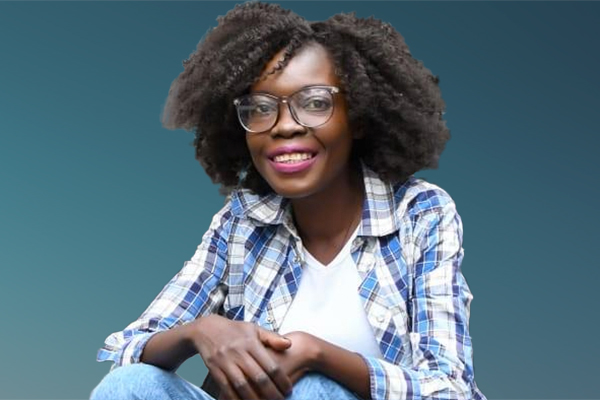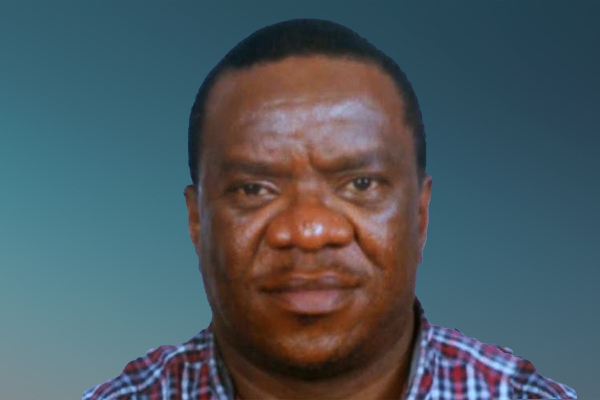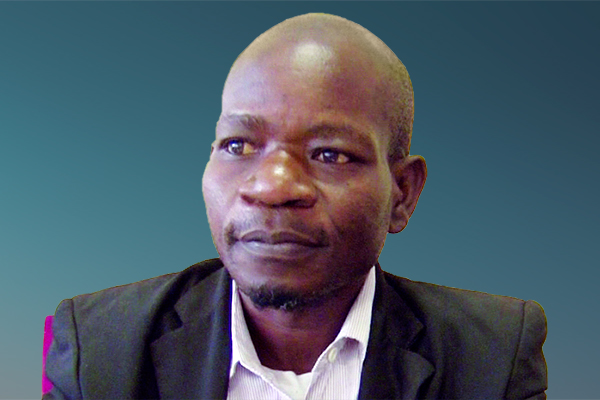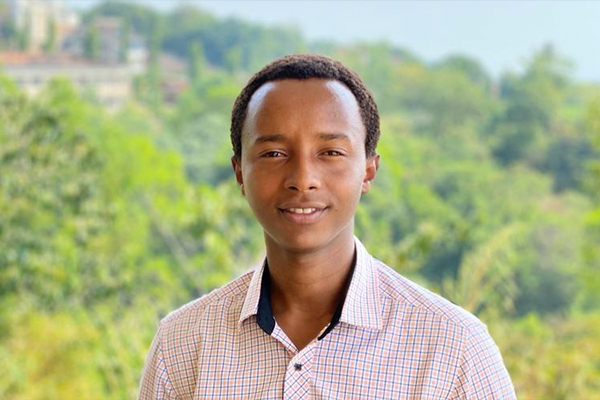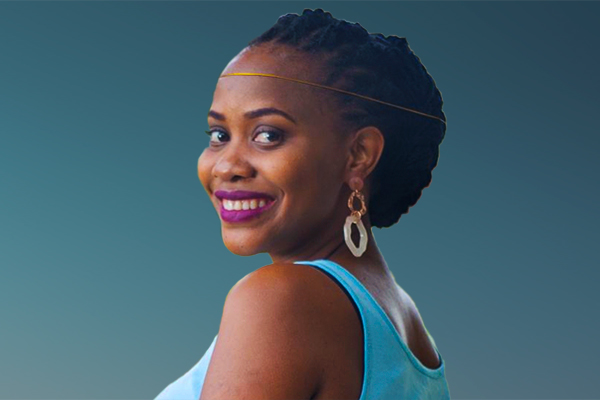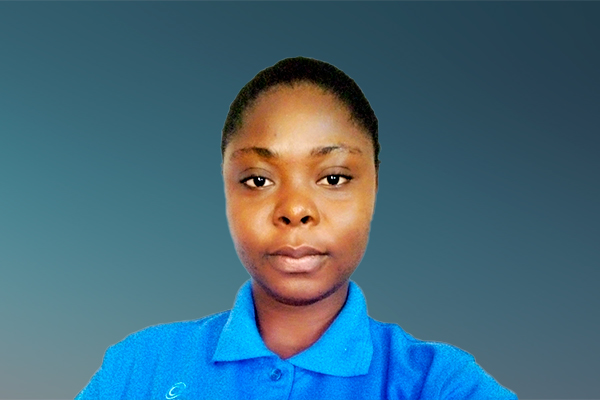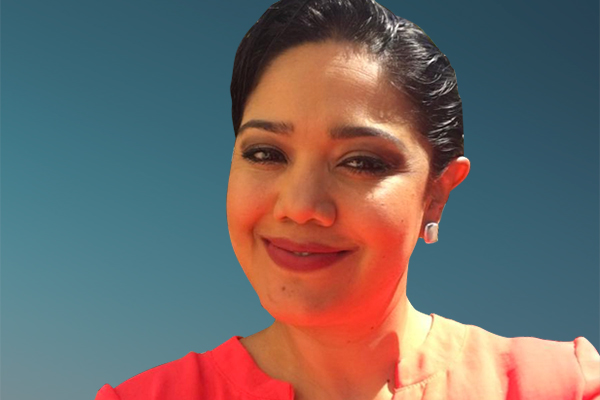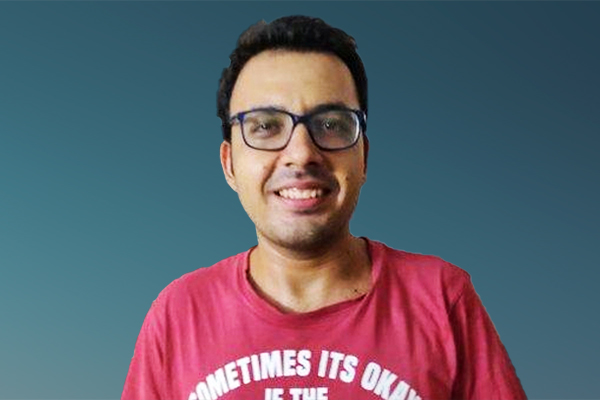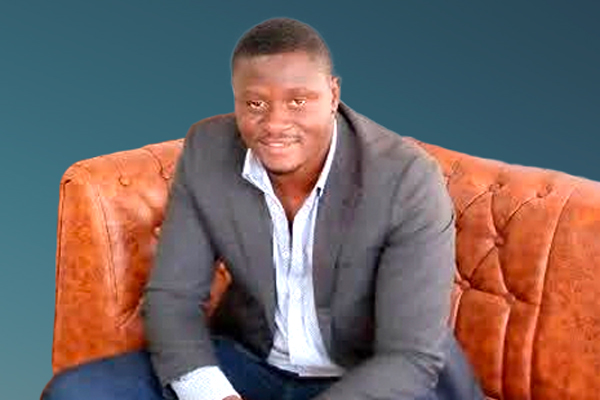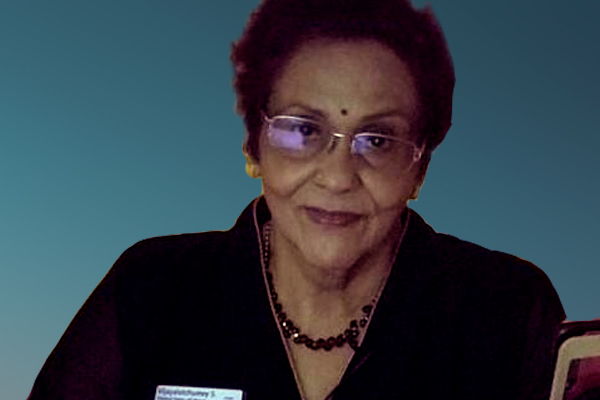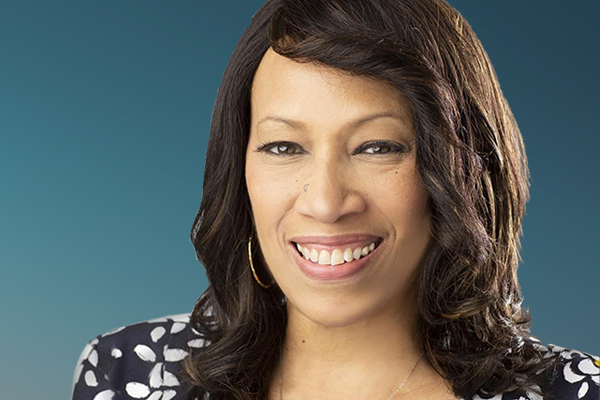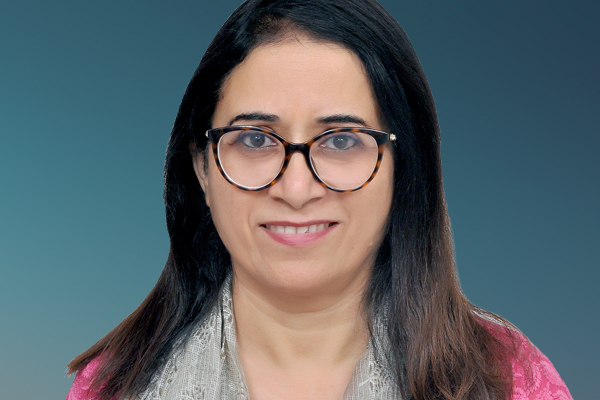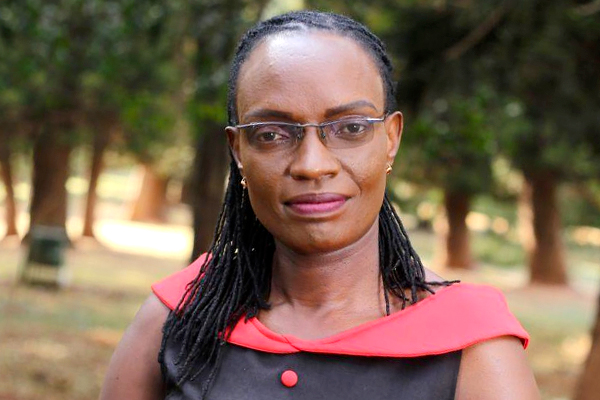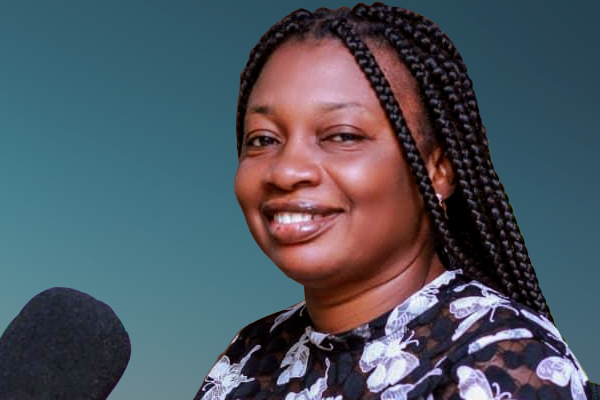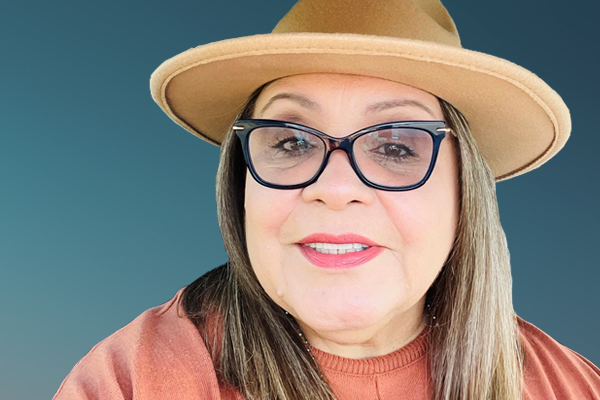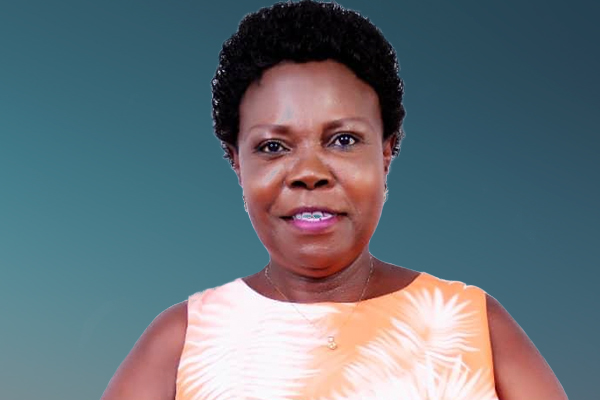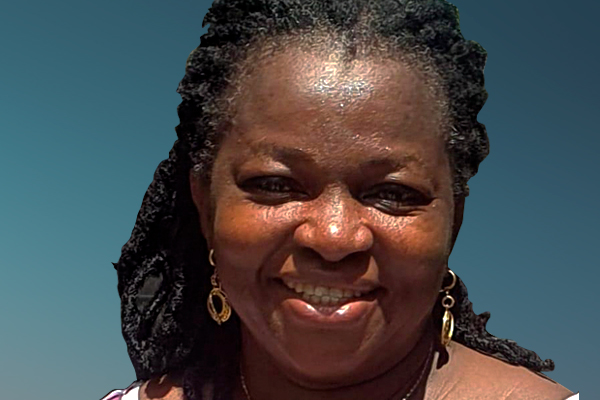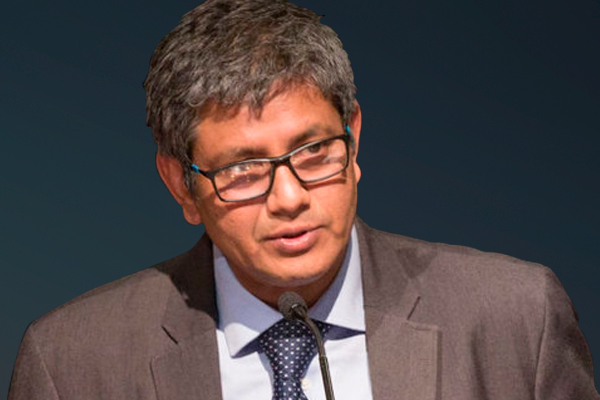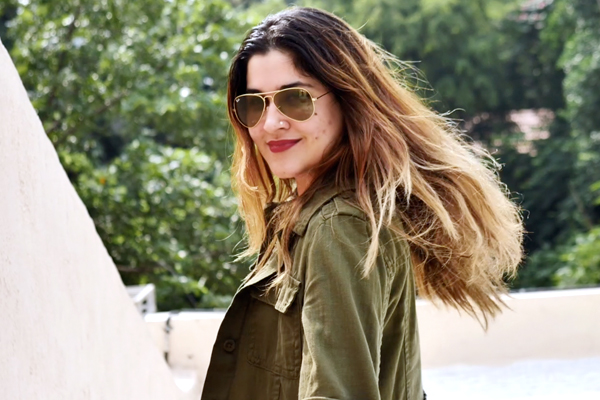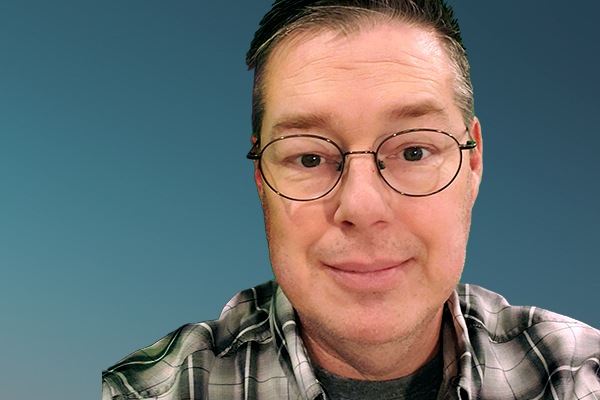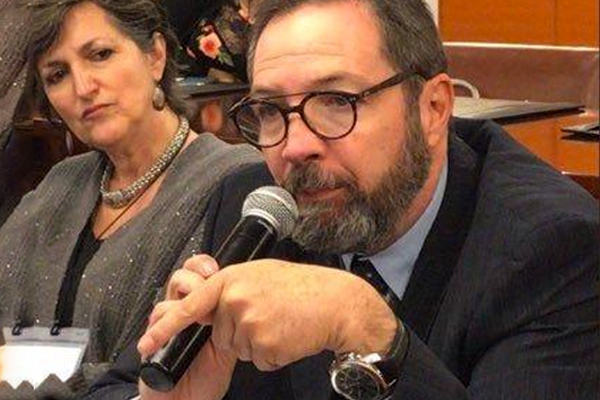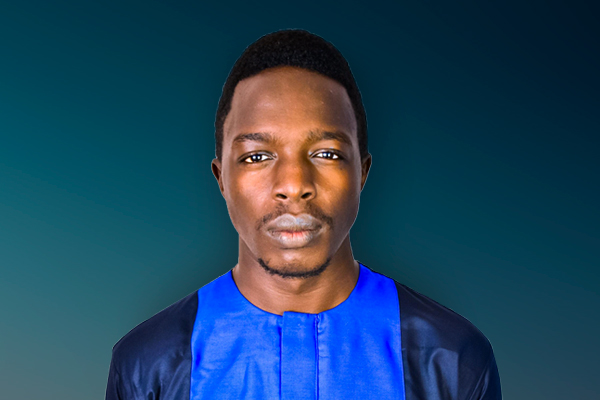My name is Vijayalakshimy Silvathorai. I am a lived experience advocator/advocate with National Cancer Society of Malaysia in Melaka.
A cancer lived experience advocator/advocate is a trained volunteer who uses their own lived experience and training to help the newly diagnosed with cancer face their fears and challenges. I started volunteering in 2013 at my surgeon’s suggestion. It was also the year after I was diagnosed with breast cancer.
I am excited that NCD Diaries offers me a chance to reflect on the lessons I have learnt which I hope will help others who come after me.
My family has a history of sudden death syndrome; three of my mother’s siblings and my mum as well as my younger sister Uma all died suddenly. In 2008, my physician Datuk Dr Kauthaman informed me that I was obese, hypertensive and type-2 diabetic with high cholesterol. Like my siblings, I was also put on aspirin as a precaution.
I was now a person living with several non-communicable diseases (NCDs). I would yo-yo with my weight but I didn’t particularly take definite steps to improve my health conditions. I foolishly thought that as long as I took my medication and saw my physicians, I would be all right. I was complacent.
This went on for years until the day I was diagnosed with cancer. Cancer changed everything.
The Storm
On 26 July 2012, my husband and I left the Breast Clinic at our local government hospital, Hospital Melaka, after I had gone through a couple of days of mammogram, ultrasound and biopsy.
We were both silent in the car on the way home. I felt Death was a third presence in the car with us.
I looked at my husband, Bala, gripped the side of my seat and blurted to him “If I had only one breast, would you still love me?”
Without batting an eyelid, he replied “Tamil...”. What he said was he had fallen in love with me and not with my breast.
This was a significant boost to my morale because I had the best warrior beside me to fight cancer.
Throughout my cancer journey, my husband Bala was the caregiver, cheer leader, nutritionist, wish granter of exotic foods I sometimes craved and my rock.
Before cancer, my daily glucose reading was between 7 to 10. After my first chemo, my glucose reading was fluctuating between 2 and 27.
My physician told me I HAD to be on insulin. This news broke me. It was at this moment that I realized that I should have taken my NCDs more seriously.
Every day, I was to prick myself four times, and according to the glucose level, administer the dose of insulin through an injection, around my navel area. I could not handle this. Instead, Bala, managed this for me. All six months. Every day, pricking four times and injecting insulin twice.
You probably wouldn’t have guessed that Bala was used to having me flutter over him, getting his coffee, meals and everything else he wanted.
He had never set foot in the wet market until I fell ill. He had to learn what bendi (ladies fingers – a vegetable) were. He had to learn to garden, buy groceries on his own, plan my meals and keep the home clean. Even as my world was forever changed, he changed for me.
My then 65 year old husband proved that caregivers could learn new skills at any age.
At the hospital, after my mastectomy, I was weak and disorientated and my sons Ramesh and Jey took turns to feed and care for me. They followed me to the bathroom and helped me do my exercise around the ward.
Other people in the ward were surprised that my two sons were taking care of me. One day, a nurse stopped Jey from going to the bathroom with me and asked him why he was doing this.
Jey replied, ”This is my mother. Why can’t I help her?”
Caregiving is not gender-based or whether you have nursing skills. All you need is empathy and a willingness to learn.
It is important to articulate the language of love through deeds and words. Bala and my sons inspire me in my work to convince caregivers how they could enrich their own experience to empower their loved ones with their care.
The Climb
A month after my mastectomy, I was master of ceremony at my friend’s daughter’s coming of age lunch. There were about 200 guests and all were dressed to the nines for this meaningful occasion. I was feeling very fragile but fought the feeling with every smile.
One of the guests came up to me and in front of everyone, asked loudly, “Why are you dressed in a silk sari?”
I was stunned and could not reply and walked away in tears. It was traumatic to think that someone actually thought I was lesser after cancer.
Cancer changes your body and how you think and feel about yourself. The community in turn has also some pre-conceived notion what a person with cancer should be or look like.
On the 7th day after my chemo, I was taking a shower when a clump of hair fell to the floor.
I felt no pain and had no sensation that I was going to lose my hair.
After the initial shock, my family and I decided that I would go bald at the temple.
My husband, my two sisters and my two sons came with me.
I sat down on the stool in front the temple barber and with the last strokes of the razor, he removed my shoulder length hair. I felt relieved. The loss of my hair in the shower had shaken me and I had struggled with the thought of losing my hair in such a frightening way.
My surgeon Datuk Mr Safian warned me that I may find it difficult to continue my fourth chemotherapy. Some people may need psychiatric consultation. Others felt fatigued and gave up.
I was two days short of my fourth chemotherapy and feeling calm. I had showered and was about to finish dressing when (pause) as I turned away from the mirror, I suddenly turned into Bathra-Kali (a she devil). I was screaming, shouting, crying.
Why have I got cancer?
What have I done wrong?
Look at me!
I am bald! I have no eyebrows or eyelashes!
Not a single strand of hair on any part of my body!
I am fat! 85kgs fat!
I can’t go out!
No one can visit me!
Is this how my life and my future would be like?!
My only outing has been to the hospital!
(Take a breath)
I kept telling myself
Calm down
Calm down…
But I couldn’t. I had held on to my feelings so tightly that all of it just burst out into a stream of chaos and fear.
Screaming, shouting and crying, I walked, fully dressed into the shower and left the water running over me whilst I stood there in my Punjabi suit. I continued to cry, unable to stop.
Slowly. Very slowly my cries became sobs and the sobs became hiccups.
I undressed, dried myself and changed into my nightgown and walked into the bedroom and saw my curtains drawn, the air-conditioner in full blast and my husband standing by the bed holding the blanket. I crawled into bed. It was 10am. I woke up later that day at 2pm.
My husband was in the room when I had my breakdown and had telephoned my sister Anusiah, to have her listen to my screams. She advised him to let me continue to scream and to let it out of my system.
He was shocked and he was frightened for me.
When I woke up, I felt calmed and relieved. This moment on, I acknowledged I was a person living with cancer and I had to be involved with my own recuperation.
I decided then, I would fight and win this battle.
The New Dawn
Before cancer, my daily glucose reading was between 7 to 10. After my first chemotherapy, my glucose reading was fluctuating between 2 and 27.
My physician had told me then I HAD to be on insulin. This news broke me. It was at this moment that I realized that I should have taken my NCDs more had not taken my own health seriously.
Every day for at least six months, I was to prick myself four times, and according to the glucose level, administer the dose of insulin through an injection, around my navel area.
I could not handle this. Instead, Bala, managed this for me. All six months. Every day, pricking the finger and injecting insulin around the navel, four times and injecting insulin twice. Going out and dining became an impossibility for me.
My type-2 diabetes slowed my wound from healing. I had a bacterial infection due to the slow healing and that caused my chemotherapy to be delayed twice.
After my last chemotherapy, I met with my oncologist, Dr Daniel Wong and asked him what I should do so that cancer would not recur. Apart from being positive, keeping all doctors appointments and taking the medications, he stressed I must lose at least 30kgs.
A year later, I had lost 28kgs. With the help of the hospital’s dietician, I was losing 5kgs or more every three months. I increased my exercise regime and changed my diet completely.
Dr Kauthaman helped to wean me off the hypertension, cholesterol and diabetes medication due to my weight loss. Till today, I am still off these medications but continue to have bi-annual medical checkups.
I have been eight years as Even after three years as an advocator/advocate at the breast clinic, but a woman once asked me how long was it since my mastectomy. At the time it had been three years. When she found out, she replied, promised in three years she would also dress and look smart like I did that day. I asked her “Why wait?”
My experience as a person living with cancer is just one of many anecdotes that helps NCSM to define the support we provide. Many who are diagnosed with cancer have pre-existing conditions like I had. Our NCDs caused complications and delayed treatments.
Advocates educate on patient autonomy and provide family counselling to preserve a delicate balance for well-being.
To regain our health, it is not enough to survive cancer but to work our way back to better health. So our guidance are peppered with positive thoughts, exercise, good diet and family care. Today, consultation with the nutritionist, psychologist or play therapist become NCSM’s standard offer of care for people living with cancer.
Change comes from engaging with people with NCDs, their caregivers and having honest conversations with policy makers and medical professionals. People-centric solution is an opportunity for better healthcare today.
“Why wait?”

